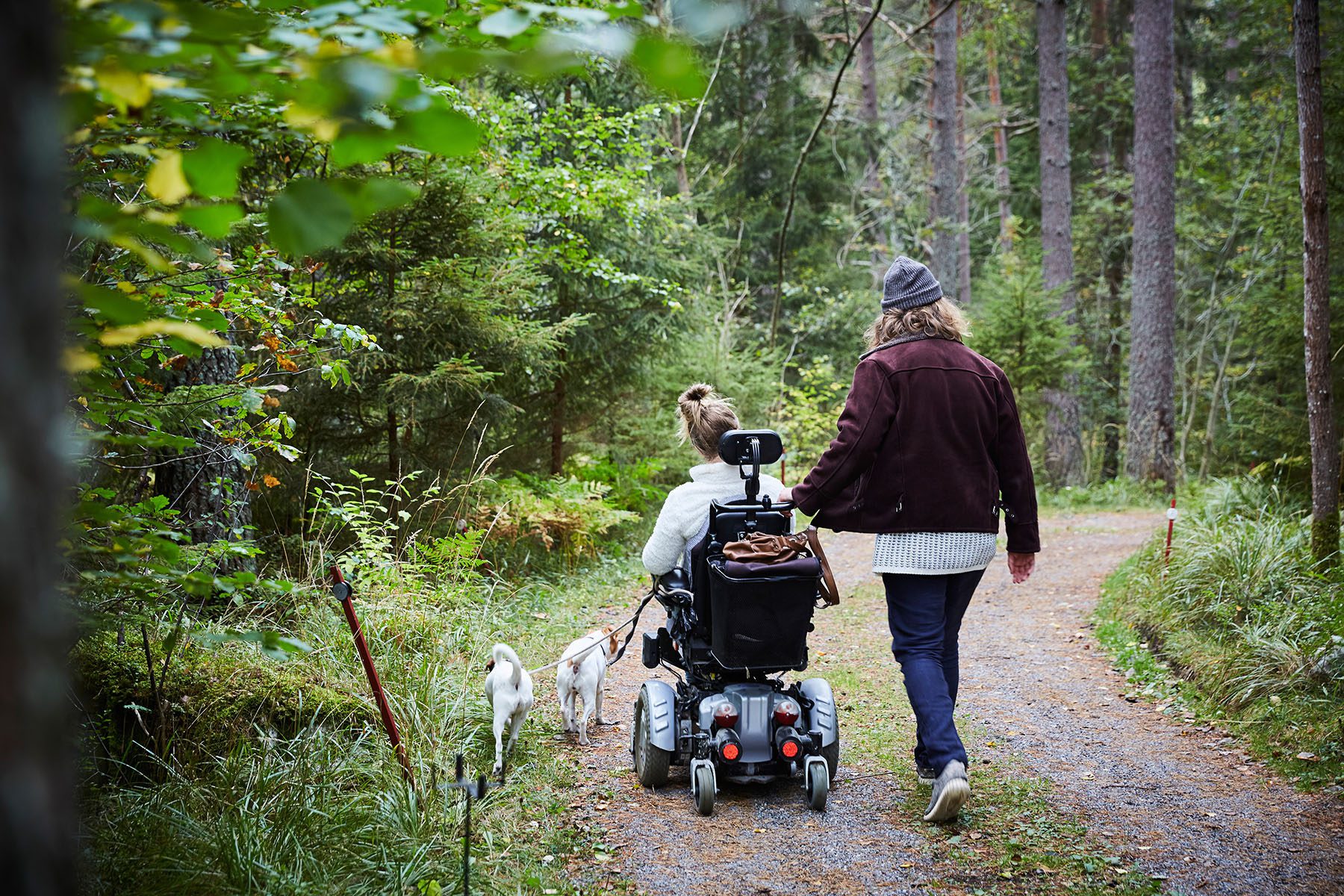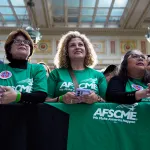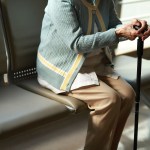The Biden administration recently announced approximately $25 million in grants to expand a Medicaid program that has allowed more than 90,000 disabled people and seniors to move out of institutional settings like nursing homes and back into their communities.
Money Follows the Person is a demonstration program designed to support states in expanding their home care services. Demonstration programs are used to test new and innovative policies in the states.
The nearly $25 million announced August 22 will support early planning for MFP in Illinois, Kansas, New Hampshire, American Samoa and Puerto Rico, bringing the total to 41 states and territories offering the program.
Currently, nursing home care is a Medicaid entitlement, meaning states are required to provide it to seniors and people with disabilities who need a high level of assistance in their everyday lives. The same requirement does not exist for home care.
“People with disabilities and older adults should have a choice about where they live,” said Bethany Lilly, senior director of public policy for The Arc, one of the largest disability advocacy organizations in the United States, as well as a service provider.
Long-term care for seniors and people with disabilities is disproportionately delivered by women. Women make up over 80 percent of the professional long-term care workforce, and the majority of family caregivers are women.
Joe Caldwell is director of the Community Living Policy Center at Brandeis University and a nationally recognized expert on long-term care. He described Money Follows the Person as one of the most successful, longest-running Medicaid demonstration programs.
“When people move back into the community, their quality of life increases, across all populations — older people, people with developmental disabilities,” Caldwell said.
This was certainly the case for Tyree Brown. She didn’t expect to live in a nursing home at age 20. After a car accident in 2015, Brown became quadreplegic — she experiences paralysis in all four limbs and uses a wheelchair to get around. Her parents’ house wasn’t wheelchair accessible and she needed a place to live, so the state placed her in a nursing home.
Brown was the youngest person by decades living in the nursing home. She had no privacy. She had to ask permission to leave the facility, and, even with permission, there were challenges. It wasn’t possible for Brown to attend church on Wednesdays and Fridays as she usually did before the accident because worship was at 8 p.m., after the nursing home’s curfew. Brown could theoretically have gone to church on Sundays, but staff frequently failed to get her ready in time to go. Brown needs assistance washing and dressing. She remembers lying naked in bed, waiting, hoping.
“I was at the end of my life before it even began,” Brown told The 19th.
Money Follows the Person helped Brown move back home to Capitol Heights, Maryland. The program paid for a ramp, widened doors and stair lifts. Brown receives assistance dressing and bathing in her own home from her mother, who is certified as a home health aide. She no longer worries about whether she’ll be able to go to church.
“I don’t need to depend on a nurse who has 15 other patients. My mom goes [to church] too,” Brown said.
Despite the success of Money Follows the Person, the program’s future remains uncertain. Its funding is not permanent, and states are less likely to participate as a result. In fact, the three states in the Biden administration’s funding announcement previously had Money Follows the Person programs that stopped because of uncertainty around funding.
“Most states have adopted [Money Follows the Person], but at the end of 2020, states started to withdraw because they couldn’t count on the money showing up. Congress let the funding lapse,” said Lilly, who praised the program but expressed concern over Congress’s lack of commitment to funding it.
“If the program was permanent, states would have a set amount of money every year they could spend on the program. But instead, Congress has been doing the funding on a haphazard basis. Sometimes they’ll extend the money for a couple of years. Sometimes they’ll do it for six months. States can’t plan with that,” Lilly said.
President Biden’s Build Back Better legislation would have made Money Follows the Person funding permanent, but the deal collapsed in December 2021.
“[Money Follows the Person] shouldn’t be a demonstration program anymore. It’s proven. If a demonstration works, it should be permanent,” Caldwell said.







